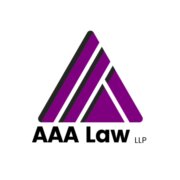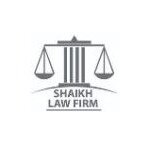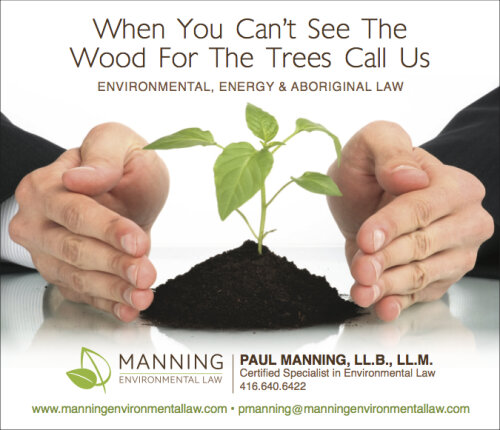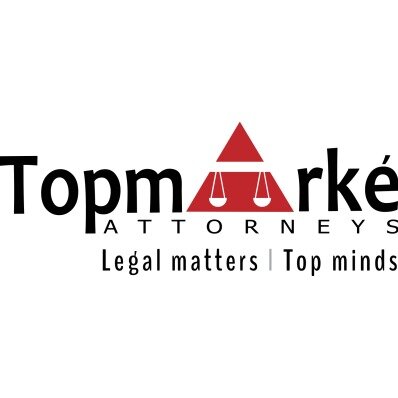Best Due Diligence Lawyers in Toronto
Share your needs with us, get contacted by law firms.
Free. Takes 2 min.
List of the best lawyers in Toronto, Canada
About Due Diligence Law in Toronto, Canada
Due diligence is a legal concept that is commonly used in various fields, including business transactions, real estate, and investments. In Toronto, Canada, due diligence refers to the process of conducting a comprehensive investigation and gathering relevant information before making important decisions. It is crucial to ensure that all necessary facts are considered and risks are assessed properly.
Why You May Need a Lawyer
While due diligence can be conducted without a lawyer, it is highly recommended to seek legal assistance in certain situations. A lawyer specializing in due diligence can provide valuable expertise and guidance throughout the process. Some common scenarios where you may need a lawyer include:
- Complex business transactions
- Mergers and acquisitions
- Real estate purchases
- Investments in new ventures
- Examining contractual obligations
Local Laws Overview
In Toronto, Canada, several laws and regulations are particularly relevant to due diligence. It is important to be aware of:
- Canadian Business Corporations Act
- Securities laws
- Real Estate and Property laws
- Consumer Protection laws
- Environmental laws
Frequently Asked Questions
Q: What is the purpose of due diligence?
A: The purpose of due diligence is to minimize risks and make informed decisions. By thoroughly investigating and analyzing relevant information, individuals and organizations can assess potential liabilities, identify hidden problems, and ensure compliance with legal requirements.
Q: How long does due diligence typically last?
A: The duration of due diligence can vary depending on the complexity of the matter and the specific circumstances. It can range from a few weeks to several months. It is crucial to allocate sufficient time to conduct a thorough investigation.
Q: Can due diligence uncover all potential risks?
A: While due diligence seeks to identify as many risks as possible, it may not uncover every potential risk. Some risks may be hidden or unknown at the time of the investigation. However, thorough due diligence significantly minimizes the likelihood of encountering unexpected risks.
Q: What documents and information are typically reviewed in due diligence?
A: The specific documents and information reviewed during due diligence can vary depending on the nature of the matter. However, common documents include agreements, contracts, financial statements, tax records, permits and licenses, intellectual property information, and any relevant litigation or regulatory filings.
Q: Can I conduct due diligence on my own?
A: While it is possible to conduct due diligence independently, it is highly recommended to seek legal advice. An experienced lawyer specialized in due diligence can provide insights, identify potential risks, and guide you through the process to ensure a thorough investigation.
Additional Resources
If you are seeking more information or require legal assistance in due diligence, the following resources may be helpful:
- Law Society of Ontario - lsuc.on.ca
- Ontario Bar Association - oba.org
- Toronto Lawyers Association - torontolawyers.org
Next Steps
If you require legal assistance in due diligence, here are the recommended steps to proceed:
- Gather all relevant documents and information.
- Research reputable lawyers specializing in due diligence in Toronto.
- Schedule consultations with potential lawyers to discuss your specific needs.
- Select a lawyer who has adequate experience and expertise in due diligence.
- Work closely with your lawyer throughout the due diligence process, providing all necessary information and documentation.
- Follow their guidance, review their analysis, and make informed decisions based on their recommendations.
Lawzana helps you find the best lawyers and law firms in Toronto through a curated and pre-screened list of qualified legal professionals. Our platform offers rankings and detailed profiles of attorneys and law firms, allowing you to compare based on practice areas, including Due Diligence, experience, and client feedback.
Each profile includes a description of the firm's areas of practice, client reviews, team members and partners, year of establishment, spoken languages, office locations, contact information, social media presence, and any published articles or resources. Most firms on our platform speak English and are experienced in both local and international legal matters.
Get a quote from top-rated law firms in Toronto, Canada — quickly, securely, and without unnecessary hassle.
Disclaimer:
The information provided on this page is for general informational purposes only and does not constitute legal advice. While we strive to ensure the accuracy and relevance of the content, legal information may change over time, and interpretations of the law can vary. You should always consult with a qualified legal professional for advice specific to your situation.
We disclaim all liability for actions taken or not taken based on the content of this page. If you believe any information is incorrect or outdated, please contact us, and we will review and update it where appropriate.

















